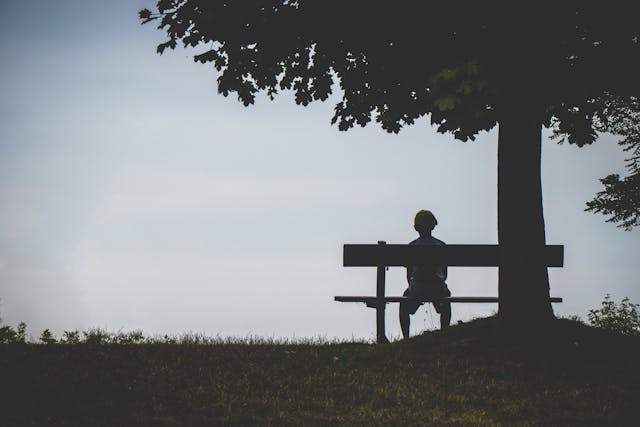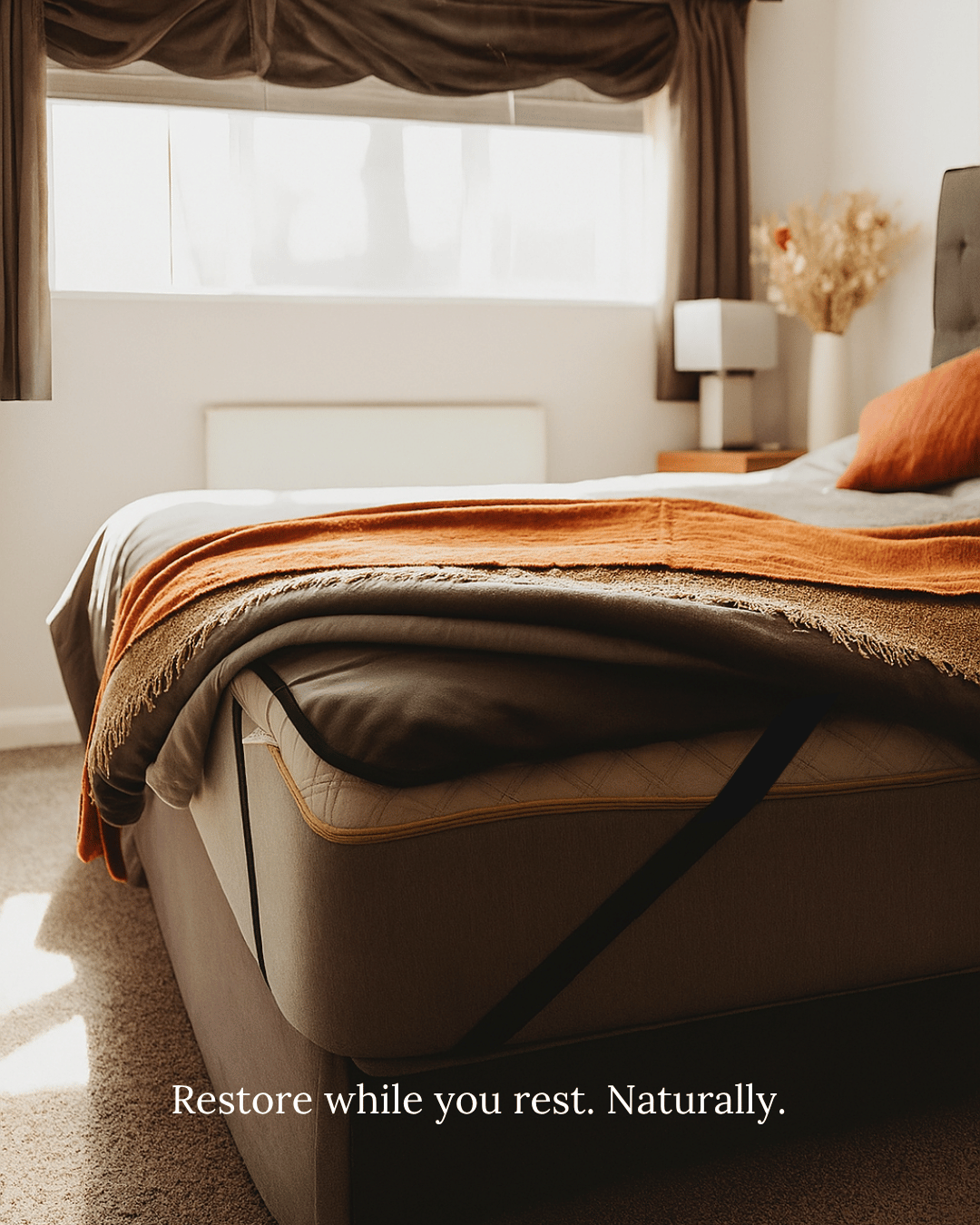Why the Scale Isn’t the Story
My neighbor Ken is 62 and swears his best ideas arrive on a slow walk at dusk. He doesn’t time it or track it; he just goes.
What’s really going on (in plain English)
Short movement after dinner helps with digestion and mood. We’re not training for a marathon—just inviting the system to settle.
Social connection is physiological. A call with a friend can lower stress chemistry as surely as a supplement.
If you track, compare weeks—not nights. If you don’t track, a three‑line paper log is often more peaceful.
A short science aside
What we know, briefly: circadian rhythms respond to light, timing, and regularity; comfort and safety shape sleep quality. None of this replaces medical care, but it offers steady levers.
Coffee‑shop conversation
Imagine we’re across a small table, mugs warm in our hands. You share the week’s sleep, I nod at the parts that feel familiar.
We don’t chase perfection. We notice patterns: the lamp that helps, the snack that doesn’t, the way a phone call settled your mind.
From the community
I put a note by the kettle: last coffee by 2 pm. Silly, but it works.
—Mara, 55
Myth & reality
-
Myth: Only high‑tech solutions count.
Reality: Simple habits—light, timing, comfort—often deliver the longest‑lasting gains. -
Myth: Older adults can’t improve sleep.
Reality: Not true. Many do, especially when the focus is on consistency and environment.
Reader mailbag
-
Q: What about late dinners?
A: Sometimes life demands them. When it does, keep the meal lighter and take a short, pleasant walk. -
Q: Do I have to change everything to feel better?
A: Not at all. One small change—kept consistently for a few weeks—often beats ten changes you abandon.
This week’s small win
One reader dimmed the living‑room lamp twenty minutes earlier than usual. Another took a short post‑dinner stroll.
No timers, no tracking—just a kind nudge. Their notes the next morning sounded lighter.
Where a grounding mattress cover might fit
If you like a set‑and‑forget approach, some readers prefer a simple, wipe‑clean surface under the fitted sheet—steady contact without adding laundry.
When you’re curious, you can read the care notes here: Earthbound Grounding Mattress Pad.
Questions to take on a walk
- Which small habit do you actually like enough to keep?
- Where could light be a little softer in the last hour?
- What felt kind to your body today?
What readers keep asking
People ask about gentle sleep habits, calm evening routines, morning light benefits, and grounding mattress pads—especially for older adults who prefer sleep tracking without gadgets and softer lighting for aging eyes.
When sleep is stubborn
Kindness beats force. If you’re awake and restless, choose a quiet corner, a lamp, and three calm pages. Then return to bed.
Rooms that breathe
Open a window for ten minutes if the weather allows. Cooler, fresher air can reset a stuffy bedroom.
Frequently asked questions
- Is this medical advice?
- No. It’s educational and supportive. Please talk with a clinician about personal concerns.
- Do I need to overhaul everything?
- Please don’t. Pick one small change you like, and keep it for a couple of weeks.
- Where can I learn about low‑maintenance contact?
- Here’s a starting point: Earthbound Grounding Mattress Pad.
















